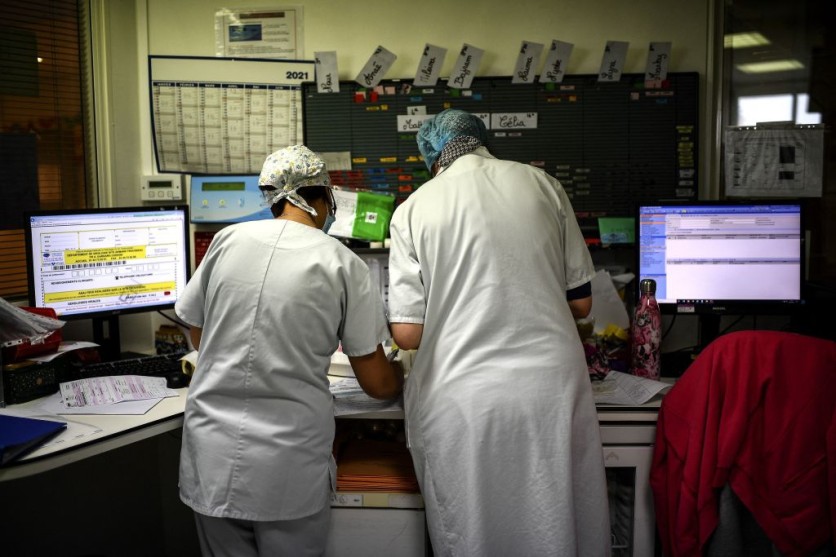Researchers from Baylor College of Medicine in Texas claim that eliminating SRC-3 from animal immunity cells led to the death of tumors, providing long-lasting anti-cancer immune responses.

Triggering Long-Lasting Anti-Cancer Response
A new study shows a crucial regulator of the anti-cancer immune response that could have a big impact on the fight against cancer. Interesting Engineering reported that in models of breast and prostate cancer, eliminating SRC-3 will trigger a lifelong anti-cancer response to eradicate the tumor without side effects as observed with other therapies.
This study was discovered by researchers at Baylor College of Medicine in Texas and based on its findings, it is encouraged to further investigate the study in order to determine the value of this approach to treating the human disease. Tregs are commonly known to carry many SRC-3 genes and play a significant role in honing the immune response against cancer.
Researchers noticed that eliminating the SRC-3 genes in Trges of mice having cancer, they immediately noticed that this will kill all the tumors, leading to triggering a long-lasting anti-cancer immune response in each body. They decided to perform a series of experiments on prostate and breast cancer mouse models to determine these findings.
The first author of the study and BCM Professor Sang Jun Han highlighted the importance of the study. He stated that their findings in animal models are the first to show these kinds of signs to show rapid aid and alternative medication compared to other published treatments that reduce tumor burden for some time.
Previous Study
Medical Xpress reported that Chancellor and Professor of Molecular and Cellular Biology Dr. Bert W. O'Malley are surprised by the results. He stated that a subsequent injection of additional cancer cells in these mice did not increase the mice's tumors, which proves that there was no need to generate additional SRC-3 knockouts to sustain tumor resistance.
"More than 30 years ago, my lab discovered a protein we called steroid receptor coactivator that is required for the effective regulation of gene activity. Since then, we have discovered that a family of SRCs regulates the activity of a variety of cellular functions, " he added.
The lab of O'Malley and his colleagues have been interested in SRC-3 and its role in cancer ever since. This is a member of the SRC gene family (SRC-1, SRC-2, & SRC-3) and is believed to be involved in promoting tumor growth in all of the types of cancers that affect humans. This is expressed in Tregs immune cells that will prevent autoimmune disorders suppressing the immune response.
Also read : World's Smallest Skin Cancer Now a Guinness World Record! Almost Invisible to the Naked Eye
Eureka Alert reported that other contributors to the study include Senior Scientists David M. Lonard and Cliff C. Dasco, along with laboratory members from Baylor, Adam M. Dean, Jianming Xu, Mi Jin Park, Prachi Jain, Rainer B. Lanz, Yan Xia, and Yosef Gilad. Once it will be successful for humans, this could give rise to a revolutionary, side-effect-free cancer therapy.

![Apple Watch Series 10 [GPS 42mm]](https://d.techtimes.com/en/full/453899/apple-watch-series-10-gps-42mm.jpg?w=184&h=103&f=9fb3c2ea2db928c663d1d2eadbcb3e52)



